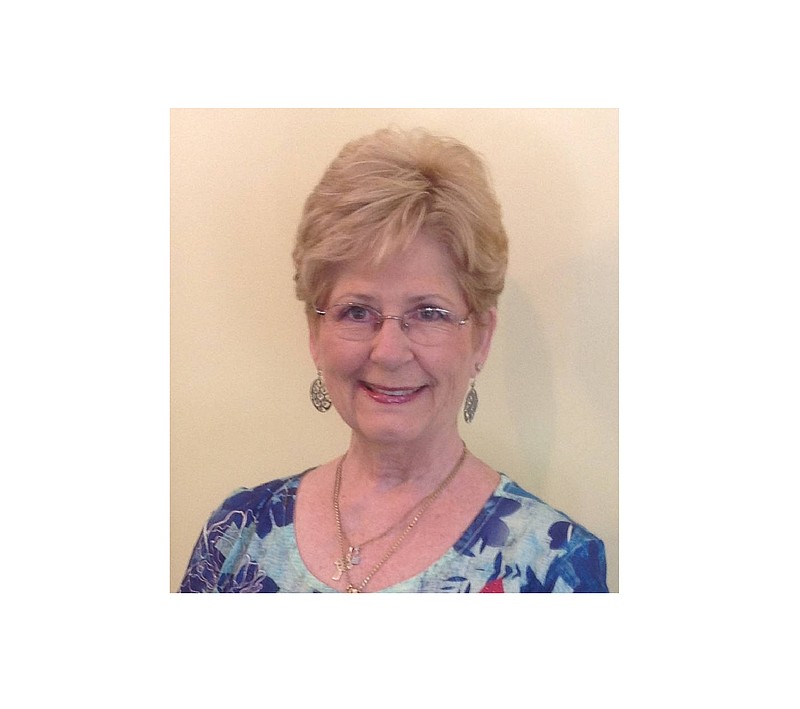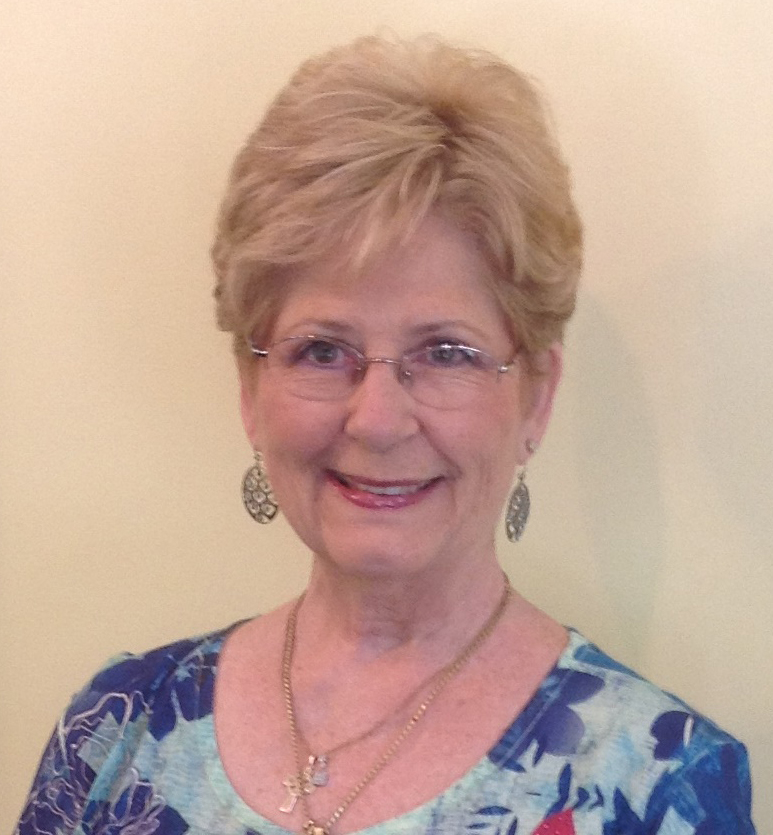According to Consumer Reports, only about one in five adults is prepared for the inevitable. In fact, folks as young as 18 should prepare advance directives. As many of us know, once a child reaches that magic age, we no longer can legally make medical decisions for him or her, unless we're the health care proxy or the court makes us the legal guardian.
And the same holds true for our parents or us. Heaven forbid, a single one falls ill with dementia or any protracted illness, as care can be terribly difficult, even if our end-of-life legal documents are in order.
How to do it
1 Use an attorney only if you wish. Anybody with access to a computer and printer can get a state-specific form at caringinfo.org. (States often differ on requirements, such as witnesses.)
2 Complete several forms with original signatures. Be certain if you want a DNR (do not resuscitate) or a living will, you include that, too. I carried my own even further: not only do I wish no resuscitation under normal circumstances, such as living in a nursing home or being terminally ill, but also if I'm unable to function mentally. Personal preference is key; otherwise, we leave these life-and-death decisions to others, which is neither fair nor wise. In fact, if someone suddenly becomes incapacitated and paperwork isn't in order, the courts often step in, your wishes can be ignored, and you'll become an emotional and financial burden on those you love most.
3 Discuss your wishes. Tell everyone in your family about end-of-life desires. Be emphatic and leave no room for argument. Unfortunately, some members might not agree, so this is where a health-care proxy - a crucial choice - comes into play. This proxy (and do include a backup) may be your oldest child, a sister or even your attorney; just tell everyone, who may have an interest, exactly what you're doing so no confusion arises later about who is legally in charge.
4 Put those signed copies to good use. An advance directive does no good locked up in a safe deposit box. Give a copy to your doctors, lawyer, and healthcare proxy. In fact, my husband and I keep a copy of each in both cars' glove compartments in case of an emergency. A phone app from the American Bar Association worth checking is "My Health Care Wishes" (Android and iOS) that allows people to store advance directives and includes related legal documents.
5 If disagreements break out, call in outside assistance. First, contact the National Association of Professional Geriatric Care Managers (caremanager.org). They can help resolve family and/or health care provider conflicts, as well as provide guidance on other emotional, financial and legal difficulties. Another resource is the National Academy of Elder Law Attorneys (naela.org); this group lists lawyers who specialize in end-of-life legal issues.
6 Prepare, prepare, prepare, as if your life depends on it - because it does. (P.S. My sister and I just got word of our almost-100-year-old aunt's death. The funeral director told her son it would cost $2,000 to bury her urn (no other service included), even though the burial plot belongs to their family. When he called the state government in Montgomery, Ala., he discovered Alabama allows free burial of cremains if the family owns the plot. I then recalled my mother-in-law's funeral in Virginia a couple of years ago where the funeral home/cemetery mandated a vault for her cremains to the tune of an extra $1,500. Lest readers think Consumer Watch fell down on the job, I was in the hospital recovering from surgery at the time, and checking state laws was the last thing on my mind. It was only much later I discovered that the Federal Trade Commission says states cannot demand a vault or liner, even if burying a casket, much less an urn.)
Ellen Phillips is a retired English teacher who has written two consumer-oriented books. Contact her at consumer watch@timesfreepress.com.

